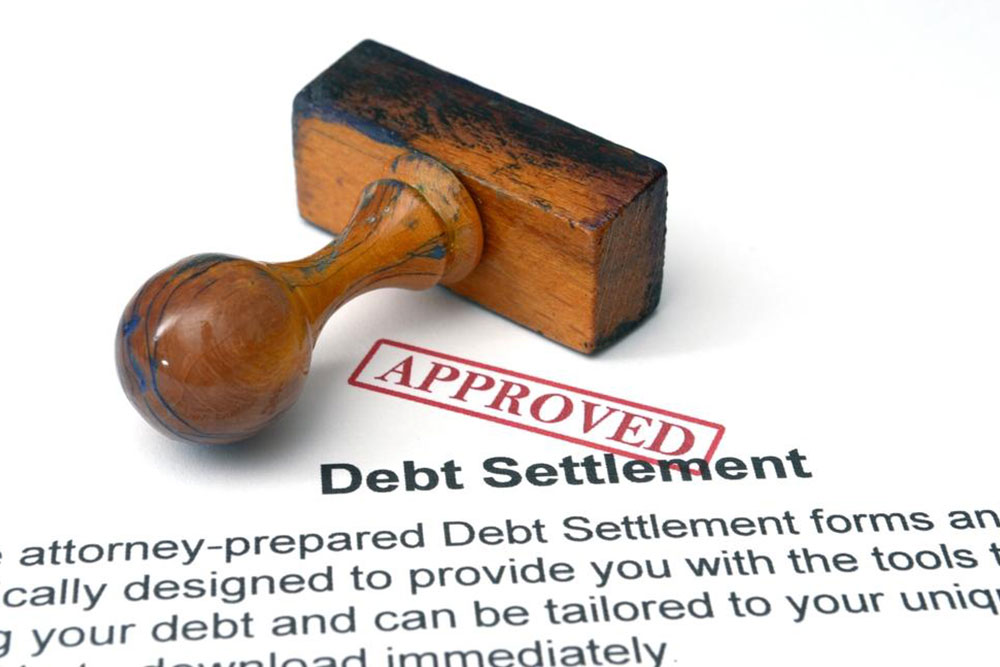Understanding Debt Relief Options: Types, Advantages, and Application Tips
Discover comprehensive debt relief options, including types, benefits, and application strategies. Learn how programs for student loans, credit card debt, and mortgages can ease financial stress. Get tips on eligibility, choosing agencies, and successfully applying for debt forgiveness to regain financial stability and avoid bankruptcy.

Understanding Debt Relief Options: Types, Advantages, and Application Tips
While eliminating debt completely might not always be possible, debt relief programs can provide significant respite. When unforeseen circumstances prevent repayment of loans or taxes, borrowers should explore available debt relief options from lenders or government programs. Eligibility varies, and not everyone qualifies for debt cancellation, but lenders often consider negotiation to reduce repayment burdens.
Debt relief
Millions of individuals owe money in taxes, loans, interest, or penalties. Due to unexpected events, repaying these debts can become challenging, prompting the need for assistance programs. These initiatives can be life-changing for those struggling with unpaid obligations.
Government assistance programs are designed to help people struggling with debt by offering relief solutions. Debt relief encompasses several programs aimed at reducing the repayment amount for borrowers facing financial hardship, providing crucial support in tough times.
Types of Debt Relief
If repayment becomes difficult, borrowers can seek debt relief through various programs. Eligibility depends on specific case evaluations by specialists. Common types of debts eligible for relief include:
Student Loans: Relief eligibility hinges on factors like income, occupation, and total owed. The government offers options for borrowers who have made some repayments but still face difficulties.
Credit Card Debt: Many credit card companies are open to negotiating or forgiving outstanding balances. However, once debts are settled or reduced, the borrower’s ability to access new credit may be limited.
Mortgage: Various federal programs assist with mortgage debt, including the Home Affordable Modification Program, which can lower monthly payments if eligible. Mortgage forgiveness often depends on lender discretion.
Advantages of Debt Relief
Debt relief programs help manage repayment burdens by reducing interest, penalties, and overdue charges. Benefits include avoiding bankruptcy and making regular payments more manageable, which can improve financial stability.
Prevent Bankruptcy: Participating in debt relief can help avoid bankruptcy, which has long-term effects on credit scores and borrowing capacity.
Reducing Debt Load: Most programs aim to lower restructuring costs, enabling borrowers to pay off remaining balances more easily, especially if monthly payments are decreased, preventing default.
Application Tips
For successful debt relief applications, consider these tips:
Calculate how much you can pay in the future before applying.
Gather essential details like account numbers, current balances, and payment history.
Check eligibility criteria thoroughly, as programs often have strict requirements such as income levels or payment history.
If eligible, initiate the process by submitting paperwork or negotiating directly with creditors.
Eligibility Factors
Each program has specific criteria, typically considering:
Income: Some programs assess income to determine repayment percentages, leading to potential forgiveness after consistent payments.
Credit Score: A good credit report can be essential when applying for consolidation loans or new credit accounts.
Loan Amount: Loans below certain thresholds may be ineligible; for example, some programs require debts of at least $7,500.
Debt Relief AgenciesThese firms assist borrowers in negotiating loan forgiveness amounts. Reputable companies have experience in lender negotiations and provide advice on debt management or bankruptcy options. Notable agencies include:
National Debt Relief
Accredited Debt Relief
New Era Debt Solutions
CuraDebt
Freedom Debt Relief
DMB Financial
Consulting organizations like the National Foundation for Credit Counseling or the Financial Counseling Association of America can also provide support and guidance.
While debt can be burdensome, relief programs offer a viable path toward financial stability. Although these may impact credit scores, they can greatly assist those genuinely in need. Researching and exploring all options early is essential for selecting the most suitable debt relief plan.









